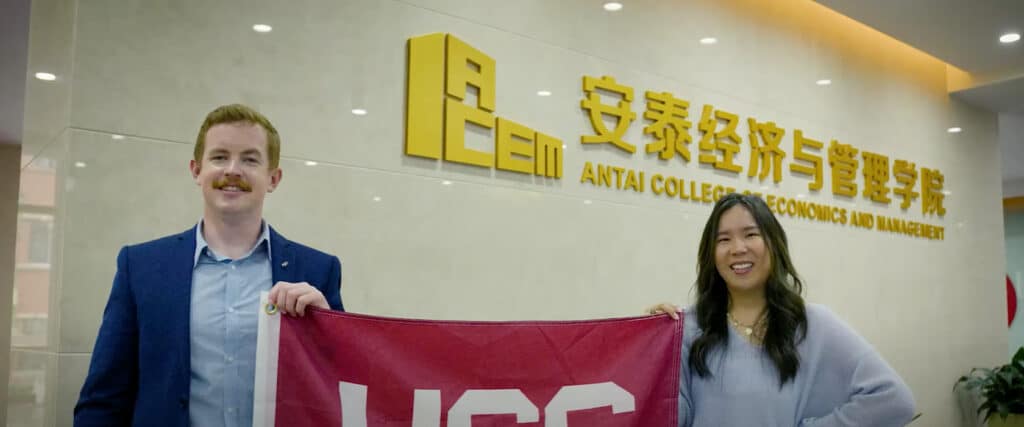18 months, 3 countries, 2 master’s degrees: The master’s in management that’s unlike any other
We asked a recent graduate of the CEMS Master’s in International Management at NUS Business School what makes the program so special. Here’s what we found out.






